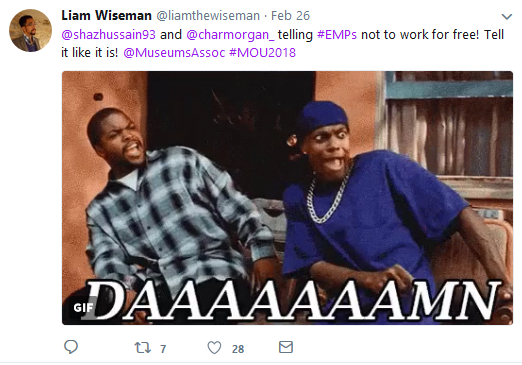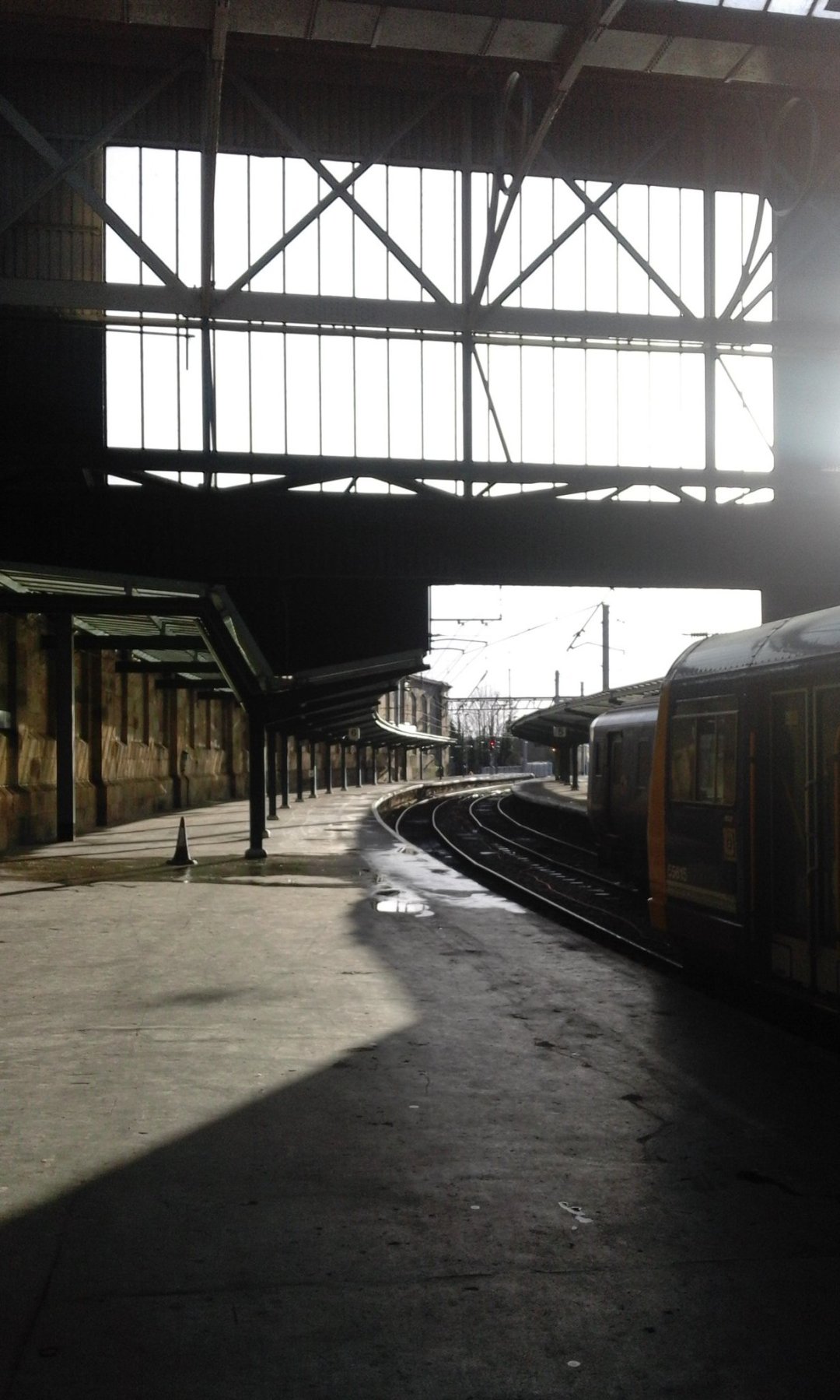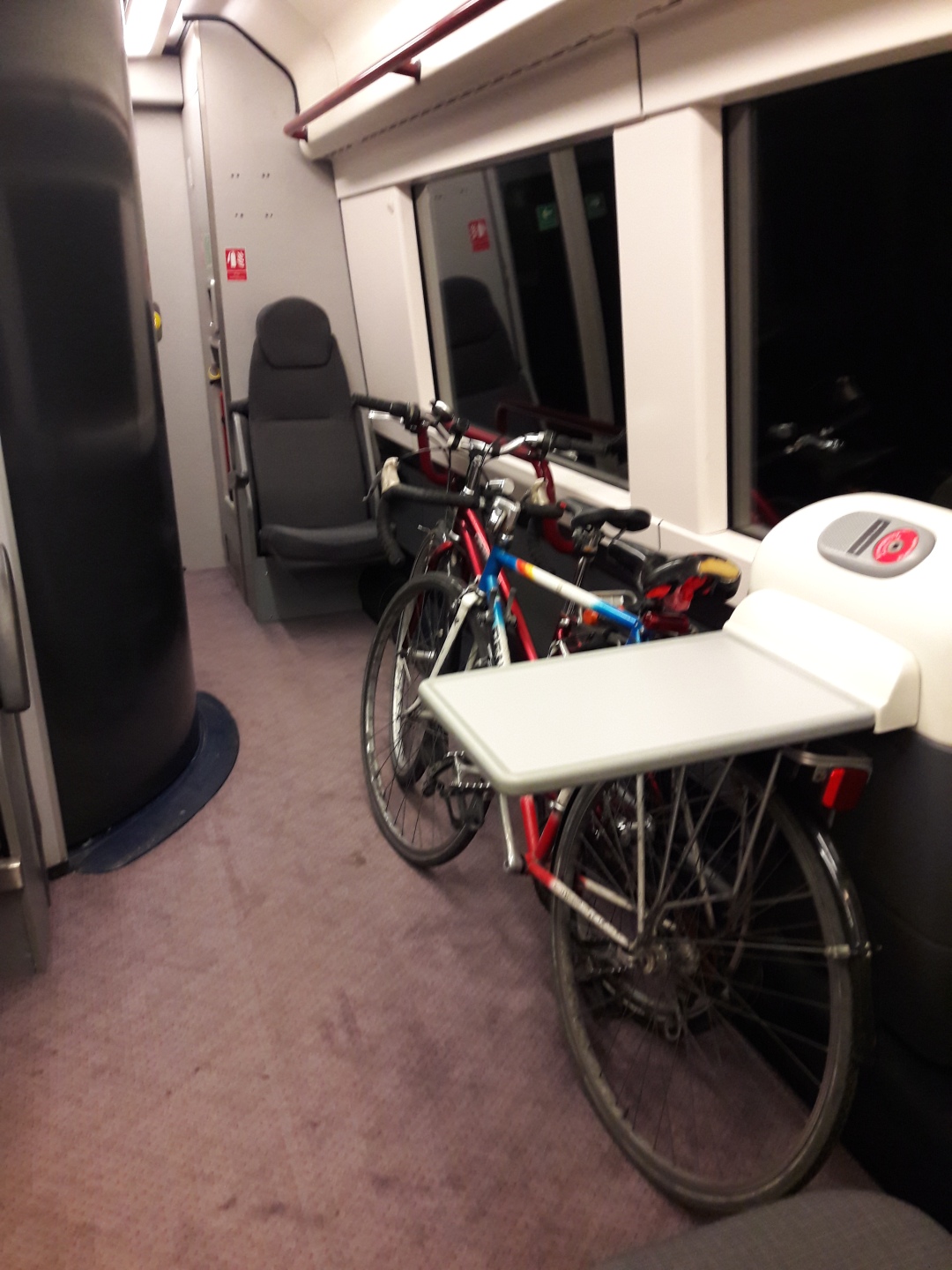Museum careers and steady relationships don’t always make for the best partners. In this first of a series of posts, I will discuss my experiences of finding dating and maintaining relationships challenging – and the aspects of my museum career which have made this particularly so.
Short-term Contracts
We work in an industry dominated by short-term contracts. It is not rare to find jobs advertised for terms as short as six months, and some fee paid positions last for as little as four weeks.
This means that a lot of us – particularly those in the early stages of their careers – are chopping and changing jobs with an alarming regularity. This also means that many of us are having to move home with a similar regularity.
I got my first job in the sector because I was willing to move from Surrey to Worcester for a 15-month traineeship. Previously on this blog, Liam Wiseman has discussed his experience of moving three times in two years in order to chase jobs. Countless others will have similar stories to tell. The tally of pros and cons familiar. On the one hand, changing jobs and home is a great way to develop new skills, build a professional network, experience new areas, and make new friends. On the other, moving can be costly, logistically demanding, and it makes it harder to keep up with the friends you already have.
Moving regularly can also make dating difficult. Some may thrive in an atmosphere of a new town and new people with whom to form short-term relationships – and there is nothing wrong with that. However, those who are looking for longer-term relationships and who prefer a slower pace of courtship can have a really hard time. How easy is it to form an intimacy with someone when you know that in a few months’ time you may have to relocate to another part of the country (as yet unknown)? It is not impossible, but that sort of uncertainty can cast something of a gloomy shadow. The gloom may make one withdraw from the dating scene, give up and resign themselves (unhappily) to being single.

Money
It is no secret that salaries across the sector are depressed, with some collections-based roles at national museums in London starting as little as £ 18k pa. Some front of house roles offer even less.
Dating is far from cheap. When trying to make a good first impression, many will be unwilling to seem overly parsimonious. Despite the fact that many millennials are increasingly turning away from conspicuous consumerism, there remains significant societal pressures that link affluence with attractiveness. In short, you can’t scrimp on a first (or second or third) date, and that can really hurt the wallet.
With many of us working or living in rural or remote locations, the chances are that potential matches will be found in the nearest large town or city. The travel to and from a metropolitan area will be yet another expense.

So a typical first date might set you back the following amounts:
| Travel | £10 |
| Dinner out | £20 |
| Drinks | £20 |
| Cinema Ticket | £12 |
| Total | £62 |
Throw in a hair-cut, splash of scent, mints and optimistic condoms, and you could be looking at anything from £70 – £100 or more. That’s a heavy outlay for anyone’s budget. It also comes with the risk that you may not even like the person. We all have our horror stories about terrible, terrible first dates.

So much for dating, but the money issue has repercussions for longer-term relationships too. Trying to rent on a museum salary is hard enough. Renting as a couple is easier, as a lot of costs can be shared. But what about the longer-term, looking towards home-ownership? If you are both museum professionals, you can forget it. If you are a museum professional, and your partner works in another, more lucrative industry – then welcome to an existence of feeling like a burden. Or even a parasite. It’s not nice, it’s not conducive to feeling good about yourself, and it’s not good for a healthy relationship.
That brings me on to my next point. I have no issue whatsoever about a female partner earning more than I do. I have little interest in dating women who are anything less than committed feminists. But damn – those societal pressures! Have I failed as man if I can’t be the provider? I don’t think so – consciously at least. But what about my and my richer partner’s subconscious? And that’s to say nothing about the disapproval of my clan’s elder patriarchs, who may already disapprove of my career choice and lack of interest in football.

Starting a family
Yeah….no. I struggle to see how this is achievable on a museum salary. I ran a poll on Twitter recently about the compatibility of starting a family with holding down a Museum career. While my questions were rightly criticised for being overly loaded, leading and negative, it does nevertheless suggest that starting a family is something with which many museum professionals have struggled.

Long Hours and Tiredness
We all work very hard in this sector. Sure, we don’t have a monopoly on graft, but it can still adversely affect our dating lives. I wake up at 6am each working morning. My ability to shine, to have a spark, to be funny, and any sense of libido are all but gone by 3pm. To date me after work is to date a zombie with zero conversational skills and no ability to flirt.

I am lucky in that the collections-based work I do is mostly 9-5, Monday to Friday. My colleagues in front of house roles are not so fortunate. Commitments to working weekends, a well as evening events, means that they are losing out on prime dating time. They also have jobs which are even more trying, exhausting and damn-right challenging than my own.
Distance
Say you do meet someone on while working a short-term contract, and when you inevitably have to move miles away, you still keep it going. That’s far from and easy option.
Phone contracts with unlimited hours and skype can make things easier, but there is still no substitute for spending quality time with your partner. If you are to keep things going, then seeing them regularly will obviously incur a great deal of cost and time.
Perhaps most pernicious of all, however, is the sheer sense of longing provoked by distance relationships. Missing your partner can really, really hurt.

Let’s get personal
Earlier this summer, I broke up with my girlfriend of two and half years. The reasons why were manifold, but some of the most pressing were the fact that I couldn’t make any firm commitments around her future plans. I have no idea where I will be working in 12 months’ time. While she was desperate to save enough money to become a home-owner, I could only save a quarter on my salary as she could as a successful independent yarn dyer. And travelling to her place was a round trip of four hours. If there was a rail replacement bus, as there invariably was, it could be five or six – and that on top of my working commute which averages 18-20 hours per week.
I am not blaming the failure of my relationship solely on my museum career, but it was a major contributing factor. I am now 31, single, and living at home. I feel that the road ahead of me will be a tough one.













































